Learn and demonstrate knowledge about water conservation with a "Being Water Wise" poster project.
How Can You Be Water Wise?
Being water-wise is an essential aspect of living a sustainable and environmentally conscious lifestyle. Water is a vital resource that is necessary for all forms of life on Earth, but it is becoming increasingly scarce in many regions around the world. By being water-wise, we can reduce our water footprint, conserve this resource, and ensure that it remains available for future generations.
Being water-wise means being conscious of our water usage and taking steps to reduce it. It involves making simple changes in our daily routines, such as turning off the faucet while brushing our teeth or taking shorter showers. It also involves using water-efficient appliances, such as low-flow toilets and showerheads, and fixing leaky faucets.
Water Conservation for Kids – Water Wise Poster Project
This activity is a fun and engaging way to involve your students in learning what it means to be water-wise. This resource download includes an instruction guide and template for students to create a water conservation poster to raise awareness about water conservation. We recommend reading over the instructions and reviewing the included rubric before beginning the project.
Anna Helwig, a teacher in Arizona and Teach Starter collaborator contributed to this resource.
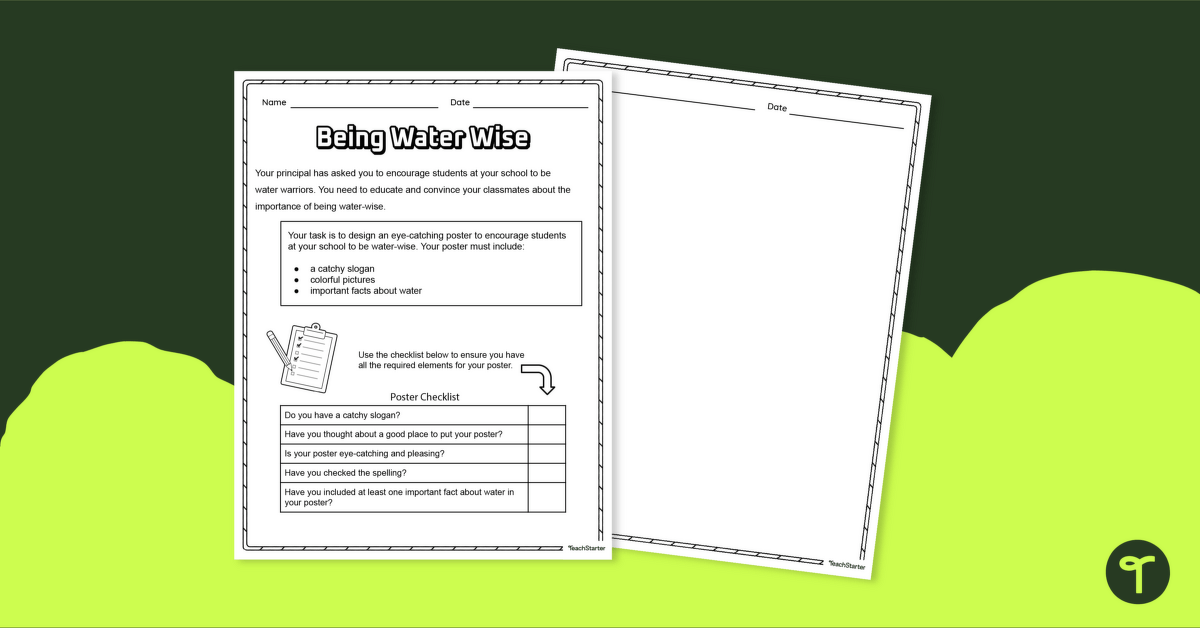

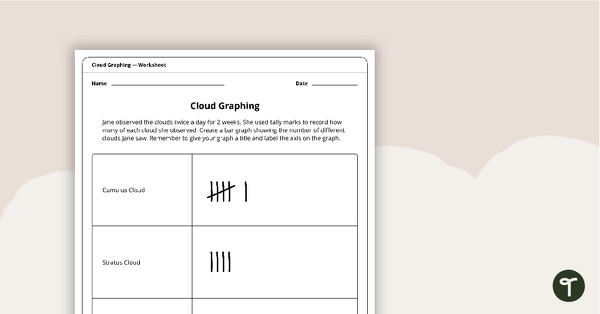
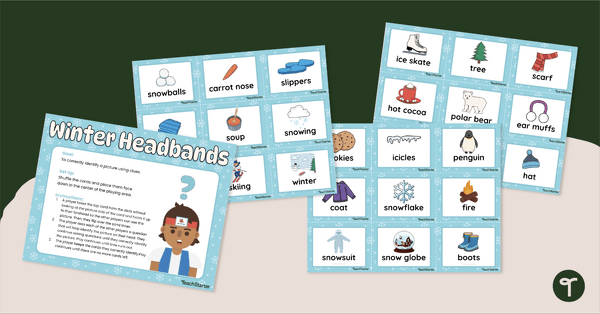
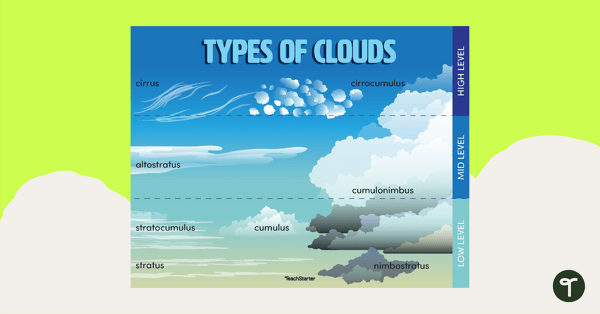
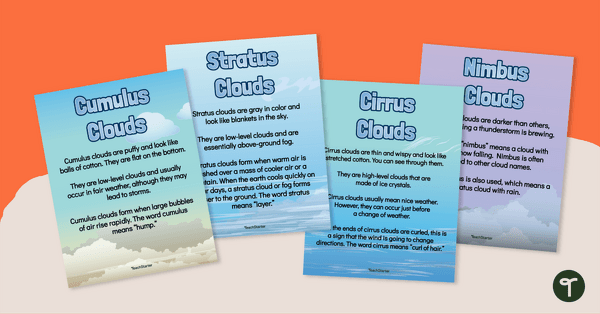
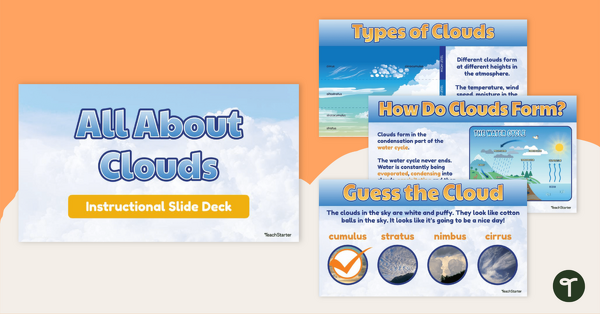
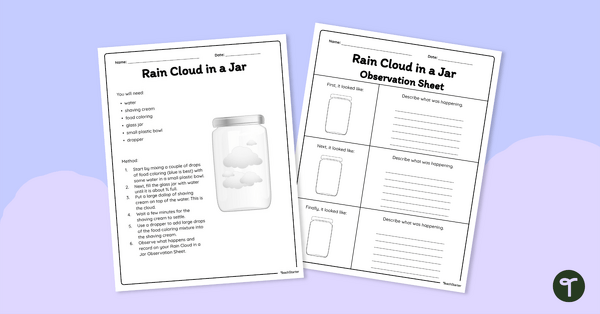
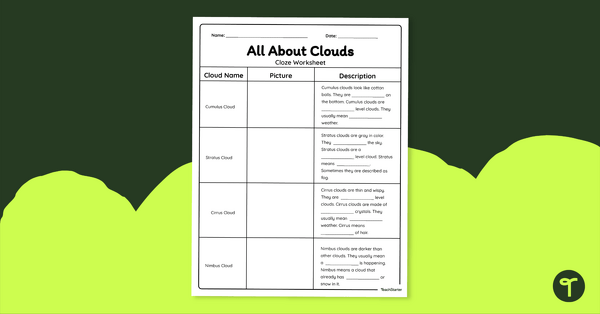
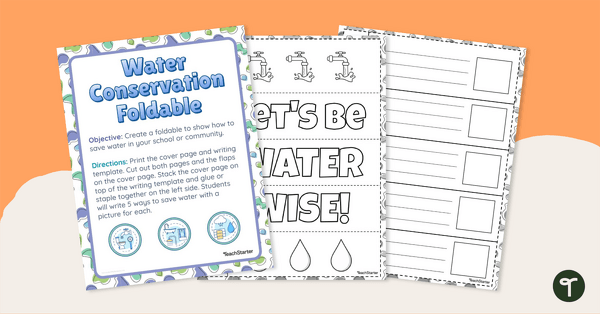
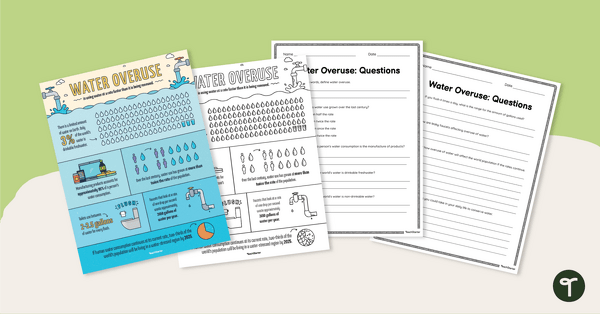
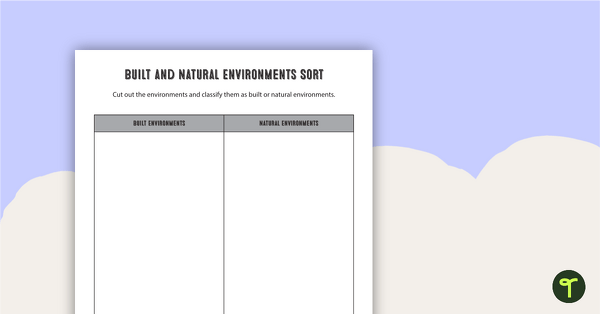
0 Comments
Write a review to help other teachers and parents like yourself. If you'd like to request a change to this resource, or report an error, select the corresponding tab above.